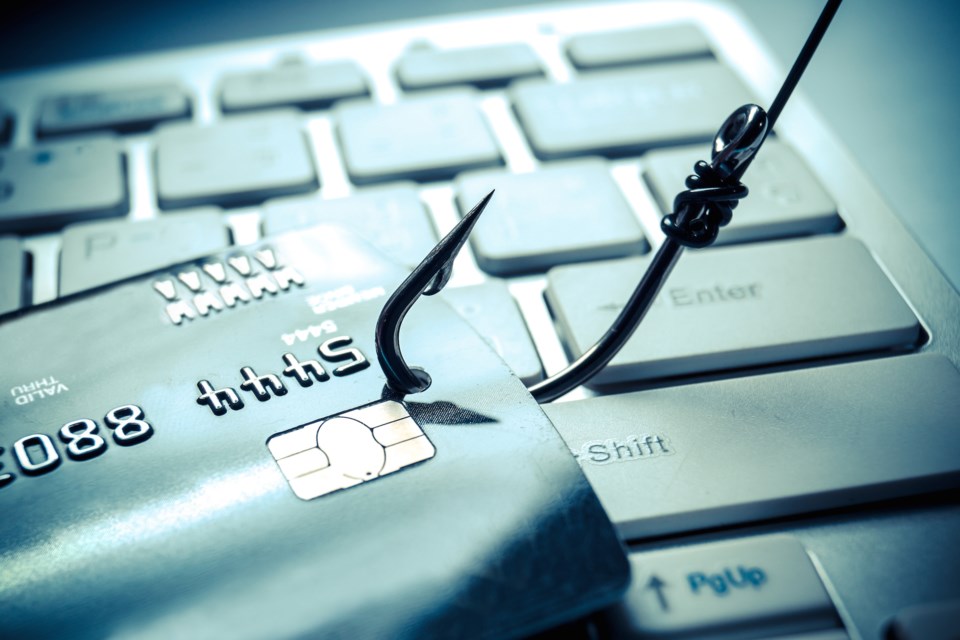It is important to recognize and understand how fraudsters try to steal your money today, compared to 20 years ago.
Awareness can play a key role in preventing potential victims from losing their hard-earned money. With cryptocurrency, online banking, and the internet readily available on mobile phones, fraudsters have many avenues to access potential victims.
Here are some ways fraudsters may ask you to send money:
Cryptocurrency: Beware of unsolicited investment opportunities presented to you on social media, the internet, or dating apps. Fraudsters may claim that they have been a successful investor in cryptocurrency and can help you make money and "get rich" quickly. Fraudsters trick you into purchasing cryptocurrency and then transferring it to their wallets. Make sure you research the investment being offered and remember that no government agency will request payments in the form of cryptocurrencies.
Prepaid Payment Cards: Fraudsters may request payment for their schemes by directing you to purchase prepaid cards and gift cards. Legitimate sources will not ask for these cards as a form of payment.
Cash: If someone claims to be your loved one (i.e. grandchild) and is asking you to send cash to help them, verify the story and contact your loved one directly. The fraudster may have a person or courier attend your residence to pick up the cash.
E-Transfers / Wire Transfers: Fraudsters may ask you to receive e-transfers or wire transfers into your bank account. The fraudster then directs you to send the funds through another payment method such as Bitcoin to another individual. The money received is either from compromised accounts or other fraud victims. The fraudster has now made you a "money mule" which is a term used when you transfer funds acquired illegally on behalf of the fraudster, which may be a criminal offense.
Cheques: Fraudsters may send you a counterfeit cheque, asking you to cash it and return some of the funds back to them. You may later find out that the cheque you deposited is fraudulent and you now owe money to the bank.
If you or someone you know has been a victim of cybercrime or fraud, contact your local police service or the CAFC through the Online Reporting System, or by phone at 1-888-495-8501.

.jpg;w=120;h=80;mode=crop)

